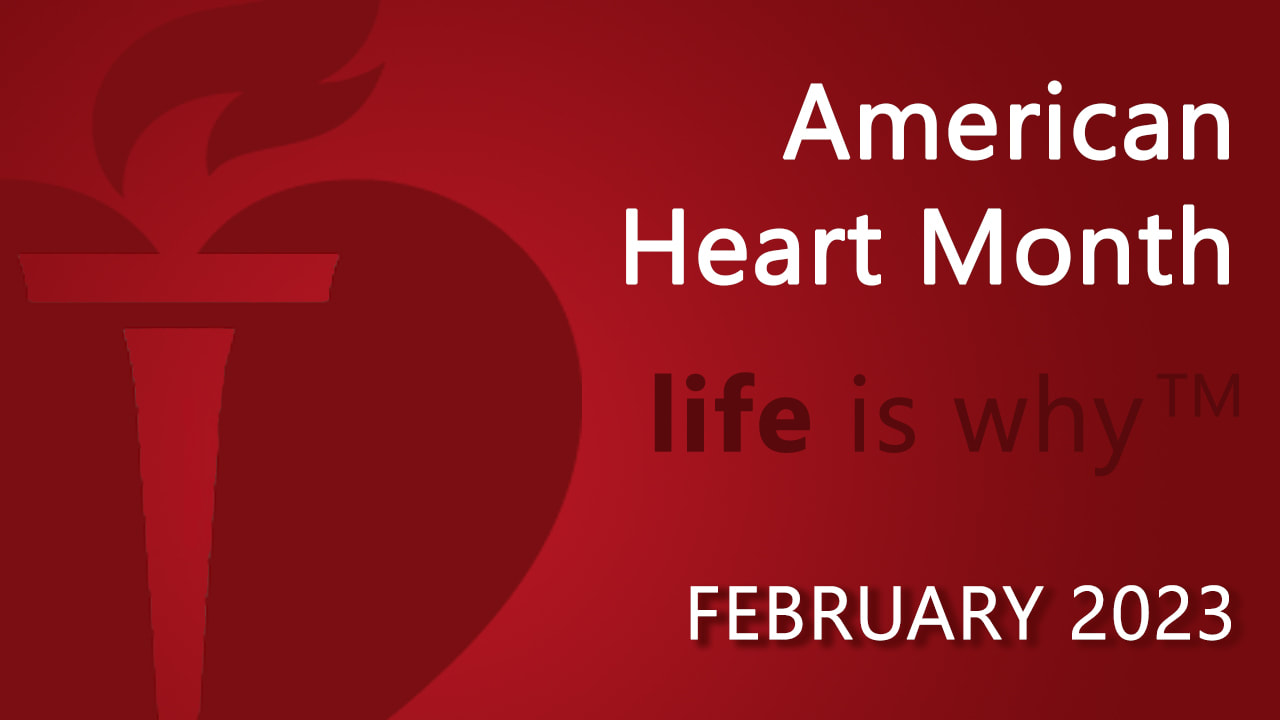The fall season brings about a magical transformation in our surroundings, with trees donning vibrant hues of red and gold, cooler temperatures, and the joyful anticipation of the holidays. However, it can also be a stressful time of year due to the busyness of the holiday season, unexpected weather shifts, temperature changes, and longer, darker days.

Certainly, truck drivers face unique challenges during the fall season, including long hours on the road with increased traffic. Here are some tips tailored specifically for truck drivers to help manage stress over the next few months into the new year:
- Vehicle Maintenance: Ensure your truck is in top-notch condition. Regularly inspect and maintain your vehicle, paying attention to brakes, tires, wipers, fluid levels, and lights. A well-maintained truck can help reduce the stress associated with unexpected breakdowns.
- Weather Monitoring: Keep an eye on weather forecasts along your route, especially in regions prone to extreme weather changes. Equip your truck with the appropriate tools, such as snow chains, ice scrapers, or de-icing agents, to handle adverse weather conditions like snow or ice.
- Plan Routes Carefully: Plan your routes in advance to avoid congested areas and potential roadblocks. Utilize traffic apps to stay updated on real-time traffic conditions and accidents, helping you make informed decisions while on the road.
- Rest Stops: Prioritize rest stops and breaks. Fatigue is a significant concern for truck drivers, and fall’s shorter days can make it even more challenging. Take the time to rest, stretch, and recharge to ensure you stay alert and focused.
- Healthy Eating: Maintain a balanced diet on the road. Stock your truck with healthy snacks and avoid excessive caffeine and sugar. Proper nutrition can help you maintain energy levels and stay mentally sharp during long drives.
- Stay Hydrated: Dehydration can lead to fatigue and stress. Always carry an ample supply of water in your truck and remember to drink regularly, even if you don’t feel thirsty. Herbal teas are a tasty warmer option for those really cold days.
- Mindful Driving: Practice defensive driving and remain patient when dealing with increased traffic. Avoid aggressive behaviors and maintain a safe following distance to reduce the risk of accidents. Your safety should always be the top priority.
- Communication: Keep in touch with your dispatcher. Good communication can help you manage your schedule, plan routes, and address any unexpected issues that might arise during your travels.
- Emotional Well-Being: Long hours on the road can be isolating, and it’s important to focus on your emotional well-being. During your breaks and downtime, connect with family and friends through phone calls or video chats to combat loneliness and to lift your spirits. Even a 5 minute call can make a big difference.
- Emergency Preparedness: Carry an emergency kit that includes essentials like a flashlight, emergency triangle, first aid kit, extra warm clothing, non-perishable food, and basic tools. In the event of unexpected delays or breakdowns, you’ll be better prepared to handle the situation.
Remember that as a truck driver, your work is essential in keeping goods flowing during this busy time of year. By planning ahead for the holidays, practicing stress-relief techniques, staying active, being mindful on the road, and prioritizing sleep, you can successfully manage stress and make the most of this season’s joys. So, go ahead and savor the pumpkin spice lattes, enjoy the crisp air, and relish the time spent with loved ones, knowing that you’ve got the tools to handle whatever stress may come your way.


